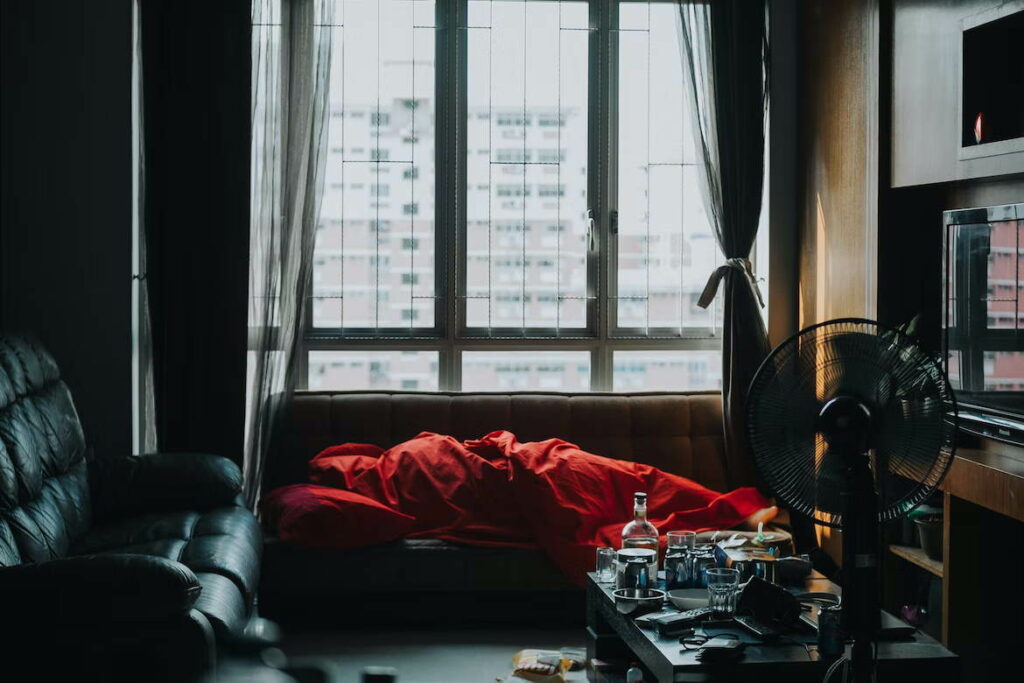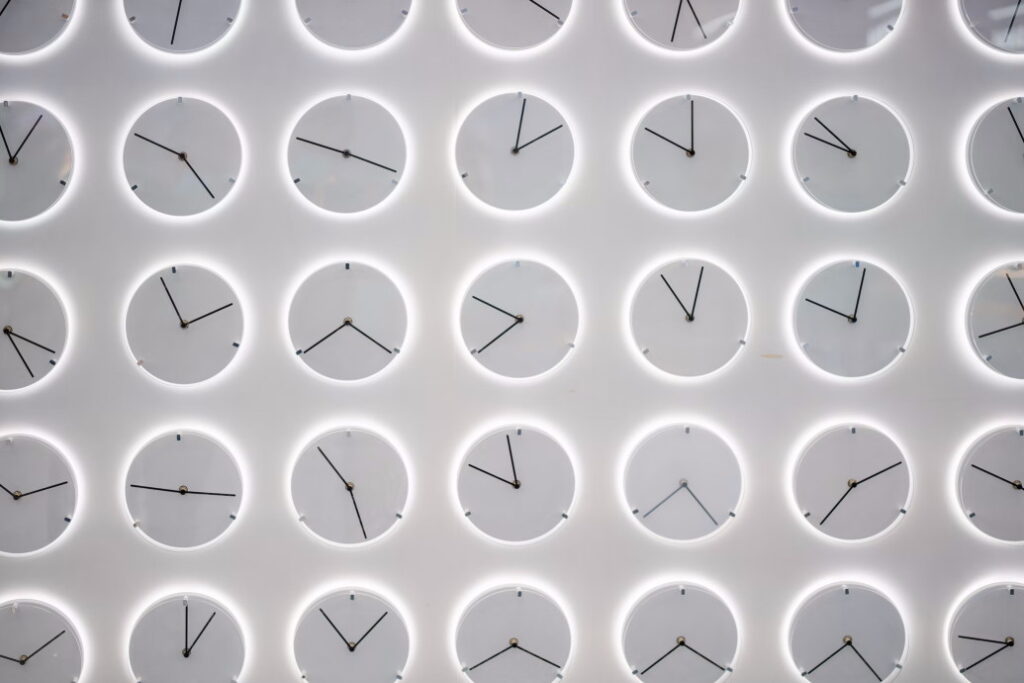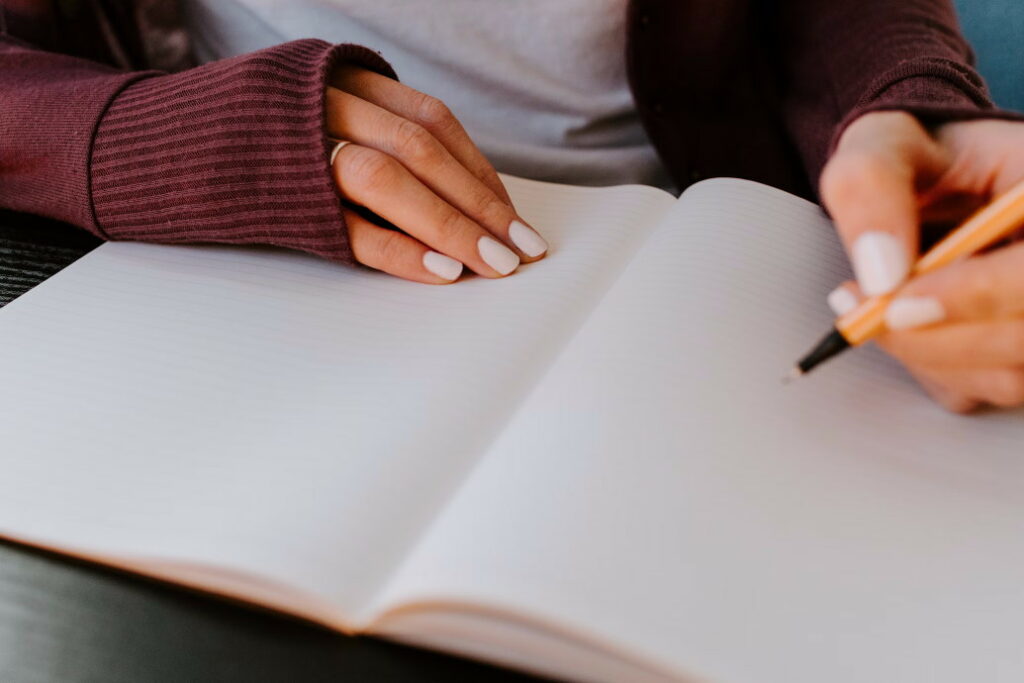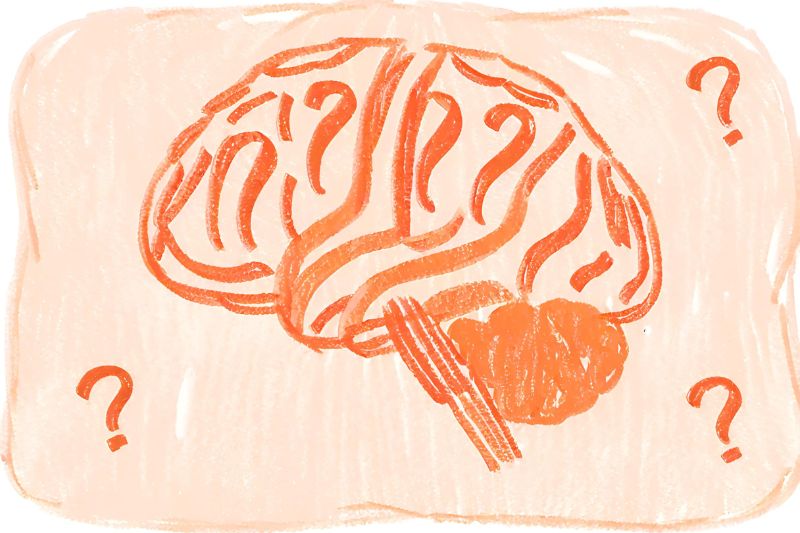How Long Can Hangxiety Last?
Why does hangxiety happen? How long can you expect it to last? What can you do to prevent it? Join ManageMinds as we answer all of these questions and more…

When you see hangovers portrayed on TV and film, they tend to depict the classic symptoms: sore head, nausea, dry mouth and exhaustion. Of course, these traits ring true. Anyone who’s made the mistake of having “one too many” can attest that the physical toll it takes on your body is no fun at all. What we tend to ignore, though, is how alcohol consumption affects our mental health.
A lot of people experience emotional distress as part of a hangover. In fact, there’s even a name for it: hangxiety. Why does this happen? How long can you expect hangxiety to last? What can you do to prevent it? Join ManageMinds as we answer all of these questions and more…
What is hangxiety?
For those unacquainted with the term, “hangxiety” is a mashup of the words ‘hangover’ and ‘anxiety’. As you can probably guess, it refers to the anxiety many people experience as a symptom of a hangover. Whether it’s a dull sense of impending doom that you just can’t shake, or spiralling worries about what embarrassing thing you said or did the night before, hangxiety can be deeply unpleasant. In fact, many people cite it as the issue that motivates them to reduce their alcohol consumption or quit altogether.
Whether you call this phenomena hangxiety, beer fear, or the booze blues, it encompasses a range of different emotions that all feed into anxiety. During a spell of hangxiety, for example, you may feel some (or all) of the following:
- Guilt
- Sadness
- Shame
- Worry
- Paranoia
- Panic
Why do we get it?

Part of our hangxiety can be a result of how we behave under the influence of alcohol. Drinking lowers our inhibitions, which means we may say or do things that we wouldn’t dream of when sober. This could be anything from telling a friend what you really think of their new partner, to running around town with a traffic cone on your head. Looking back at these moments in the harsh light of day can be fairly excruciating. You might not even remember exactly what you did the night before, which is even more terrifying.
In terms of the actual physiological factors behind hangxiety, the scientific community doesn’t have a clear cut answer. There are, however, a couple of strong theories.
Gamma-aminobutyric acid levels
Alcohol is a depressant, which means that it slows down the functioning of various bodily processes, including those of the central nervous system. At the same time, the body ramps up the production of certain brain chemicals in an effort to counteract these depressive effects. One of these chemicals is gamma-aminobutyric acid, or GABA, which makes us feel calm and relaxed.
When our bodies are in a sober state, one of the roles of GABA is to reduce stress responses. However, some scientists believe that the overproduction of GABA that occurs when we drink leads to a depletion of this brain chemical when the alcohol leaves our body. As a result, not only do we lose the calming effect, but our body doesn’t have enough GABA to reduce any feelings of anxiety that may follow.
The role of sleep
Getting enough good quality sleep is a vital component of our overall wellbeing. It gives our bodies time to rest and recuperate and helps us to maintain a balanced emotional state.
The way alcohol interacts with our brains plays havoc with our ability to get a good night’s sleep. You may have noticed that after a night of drinking you repeatedly wake up and struggle to achieve that all-important REM sleep. This puts further stress on the brain and leaves us feeling groggy and moody the next morning.
While a lack of sleep is probably not the sole cause of hangxiety, it may be a factor that exacerbates the situation.
How common is hangxiety?
One of the reasons you might not see hangxiety depicted in the media as often as other hangover symptoms is that it doesn’t seem to affect everyone. That being said, it is a fairly common symptom, and the more we learn about it, the more widespread it appears to be.
A few studies have been conducted that explore anxiety as a symptom of hangovers. For example, a 2013 study that analysed hangover symptoms in mice found that:
During alcohol hangover there is an increment of anxiety-like behavior together with fear-related phenotype and depression signs (sic).
Furthermore, in 2017, Marith Lantman et al asked 1,837 Dutch students to record their hangover symptoms. The results showed that 22.6% of participants reported anxiety as being one of them.
How long can it last?

Just like the physical symptoms of a hangover, hangxiety affects different people in different ways. We all have that one friend who, after a night of over-indulging, is up at the crack of dawn feeling fresh as a daisy, while the rest of the group sit around nursing headaches and swearing off booze for life.
Similar to hangovers in general, some people suggest that hangxiety lasts longer the older you get. This is certainly something to keep in mind if you have noticed your hangxiety getting worse in recent years.
People who report experiencing hangxiety say it can last anywhere between 24 hours and a week, though the former is much more common. In the mouse study mentioned above, scientists also tracked how long the hangover symptoms (which included anxiety) lasted:
Our findings demonstrate a time-extension between 14 and 16 h for hangover affective impairments (sic).
It’s important to remember, of course, that results from animal studies cannot necessarily be applied to humans, as our brains are very different.
If your experience of hangxiety has no clear pattern, there are a couple of factors you should consider that may impact the intensity or duration of post-drinking anxiety.
Your mental state before drinking
People consume alcohol for different reasons. You might be toasting some good news or, at other times, you could be drowning your sorrows. Sometimes alcohol intensifies whatever mood we are in when we start drinking. So, if you’re already feeling sad or anxious and reach for a drink as a way to self-medicate, you are more likely to experience hangxiety the next day.
If your hangxiety consistently lasts for more than a few days, you may have an anxiety disorder. This is likely to be the case if you notice that your anxiety continues long after the physical symptoms of the hangover have worn off. That being said, some people are simply more prone to experiencing anxiety than others. Just as those with sensitive stomachs are more likely to experience nausea as part of their hangovers, it may be that alcohol causes your tendency towards nervousness to flare up.
Whatever the case may be, if you feel that your hangxiety is lasting a significantly long time, you should consult your GP or consider talking to a therapist.
The nature of the drinking session
If you do not consider yourself to be a naturally anxious person, your hangxiety may be a consequence of actual events that occurred while you were drinking. Ask yourself the following questions after a big night:
- How many drinks did I have?
- How much did I eat beforehand?
- Did I fall out with anyone?
- Did I do anything that I now regret?
In some scenarios, the hangxiety we experience is due to feelings of shame based on actual events (rather than ones we have imagined or overblown in our heads).
We all make mistakes and it’s normal to have a bad experience once in a while. However, if you find that alcohol consistently leads to conflict or behaviour you feel ashamed of, it’s probably not a good substance for you to consume.
How to prevent or reduce hangxiety

The best way to prevent hangxiety is to stop drinking altogether. We understand, though, that this isn’t a realistic or attractive prospect for everyone. Below we have listed some tips that can help you to reduce the severity of hangxiety and cope with it when it occurs.
When drinking…
- If you are on any kind of medication, check that it is safe to combine with alcohol
- Don’t consume alcohol on an empty stomach—eat at least one meal beforehand
- Only drink with trusted friends around whom you feel secure
- Avoid venues that may encourage behaviour you will later regret
- Alternate alcoholic drinks with water to ensure you stay hydrated
After drinking…
- Avoid caffeine—it is likely to intensify any anxious feelings you’re experiencing
- Write your feelings down in a journal or word document on your computer
- Try some mindfulness exercises to calm your brain
- Talk to a friend or family member about how you’re feeling
- Watch something silly or uplifting to distract yourself from negative thoughts
Hangxiety affects people in many different ways. If you find that it’s having a negative impact on your life, make use of the tips above and consider readdressing your relationship with alcohol.
Post Date:
Author: Isobel Robb
Explore More Articles
3 Mental Health Myths Your Therapist Is Sick of Hearing
It's great that more people are talking about mental health, but not everything you hear is necessarily true. Don't fall for these 3 mental health myths!
Feeling Worried? Challenge Anxious Thoughts with These Simple Questions
Stuck in a spiral of anxious thoughts? Use these 3 simple questions to challenge negative thinking and adopt a healthier mindset.
ManageMinds Explains... Narcissists
Even wondered if you or someone you know may be a narcissist? In this guide we cover what narcissistic personality disorder is, as well as the signs you need to watch out for.


